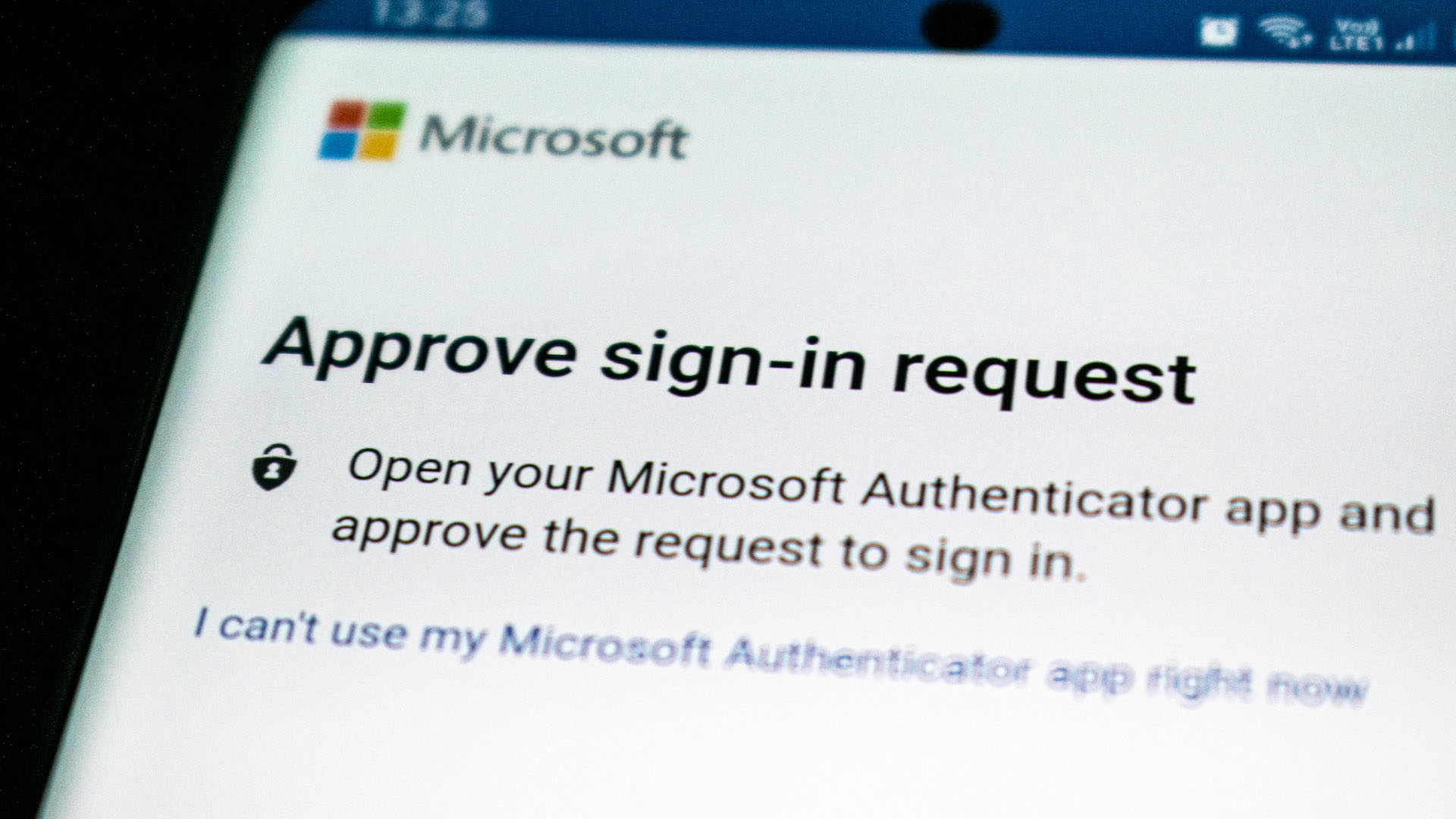
The importance of Two-Factor Authentication (2FA)
In the age of digital transformation, protecting sensitive data and securing online accounts have become paramount for businesses of all sizes. Cyber threats are on the rise, and traditional password-based security measures are no longer sufficient to keep hackers at bay.
This is where Two-Factor Authentication (2FA) comes into play. In this blog, we will explore why your business needs to implement 2FA for enhanced security and protection.
What is Two-Factor Authentication (2FA)?
2FA is an extra layer of security that ensures that people trying to gain access to an online account or system are who they say they are. It adds a second step to the traditional username and password verification. Typically, this second factor involves something the user knows (e.g., a password) and something the user has (e.g., a mobile device). To access an account, users must provide both factors.
The Importance of 2FA for Your Business
1. Enhanced Security:
Passwords alone are increasingly vulnerable to hacking through techniques like phishing, brute force attacks, or the exploitation of weak passwords. 2FA provides an additional barrier, significantly increasing security by requiring the second authentication factor.
2. Protection Against Data Breaches:
Even if a cybercriminal gains access to a user’s password, they would still be unable to access the account without the second authentication factor. This prevents unauthorised access in the event of a data breach or a compromised password.
3. Mitigating Phishing Attacks:
Phishing attacks are a common method hackers use to trick users into revealing their login credentials. With 2FA, even if a user falls for a phishing scam and provides their password, the hacker would still need the second factor to gain access.
4. Securing Remote Access:
With the rise of remote work, securing access to sensitive company resources is vital. 2FA ensures that remote workers’ accounts remain protected, even when accessed from unsecured networks.
5. Compliance Requirements:
Many industries and regulatory bodies require strong authentication measures. Implementing 2FA can help your business comply with various security and privacy regulations, such as GDPR, HIPAA, and more.
6. Password Management:
2FA reduces the pressure on users to create complex passwords and remember them for multiple accounts. This can lead to improved password hygiene and better security practices.
7. Cost-Effective Security:
Implementing 2FA is a cost-effective security measure. The cost of implementing 2FA is typically far less than the potential cost of a data breach, including financial losses and damage to your business’s reputation.
9. User Confidence:
Users appreciate the added security of 2FA, knowing that their accounts are less likely to be compromised. This instills confidence and trust in your business, which is essential for maintaining customer loyalty.
Implementing 2FA in Your Business
Implementing 2FA in your business is relatively straightforward and can be done across various platforms and services, including email accounts, cloud-based applications, and VPN access. Most major online platforms and services offer 2FA options, and there are also third-party authentication apps available for use.
Here’s how to get started with 2FA:
Choose the Right 2FA Method: Depending on your business’s needs, you can implement 2FA via SMS or email verification, authentication apps (e.g., Google Authenticator or Authy), or hardware tokens.
Educate Your Users: It’s important to educate your employees and users on the importance of 2FA and how to set it up on their accounts. Ensure they understand the value of this added layer of security.
Enforce 2FA: Make 2FA mandatory for accessing sensitive systems or data. Encourage all users to enable 2FA on their accounts.
Regularly Review and Update: As with any security measure, it’s crucial to regularly review and update your 2FA policies to stay current with the evolving threat landscape.
Summary
In conclusion, Two-Factor Authentication (2FA) is no longer an option but a necessity for businesses aiming to safeguard their digital assets and maintain the trust of their customers. In an age of increasing cyber threats, the added layer of security that 2FA provides is a cost-effective and essential measure to protect against unauthorized access, data breaches, and potential financial losses. By implementing 2FA, your business can fortify its online security and ensure the privacy and integrity of sensitive data.
